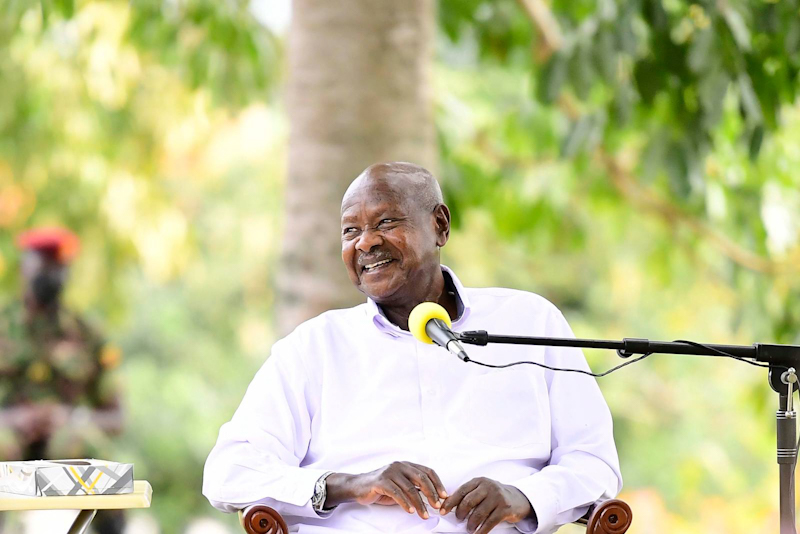Uganda, along with eight other countries, officially joined BRICS as a partner state on January 1, 2025.
The other partner states are: Belarus, Bolivia, Cuba, Indonesia, Kazakhstan, Malaysia, Thailand, and Uzbekistan.
Partner states can engage with BRICS initiatives but lack voting rights or participation in agreement-making.
Four more countries have been invited and will be announced by the 2025 BRICS presidency (Brazil).
Uganda is the sole African nation among the initial nine partner states.
Dear Ugandan friends!
I am pleased to announce that on January 1, 2025 the Republic of Uganda officially joined the BRICS family as the partner state. pic.twitter.com/I41LaVILTD— Vladlen Semivolos (@VladSemivolos) January 1, 2025
BRICS, originally an acronym for Brazil, Russia, India, China, and South Africa, now encompasses nine full members.
Established in 2009, BRICS aims to counterbalance Western global dominance.
Recent expansions include Egypt, Ethiopia, Iran, and the United Arab Emirates.
The addition of partner states reflects BRICS’ evolving strategy to foster a more inclusive platform for emerging economies.
Uganda’s partnership offers potential benefits like increased trade and investment, particularly given its removal from the African Growth and Opportunity Act (AGOA).
BRICS provides a platform for Global South countries to strengthen their role in global governance and explore alternative economic models.




